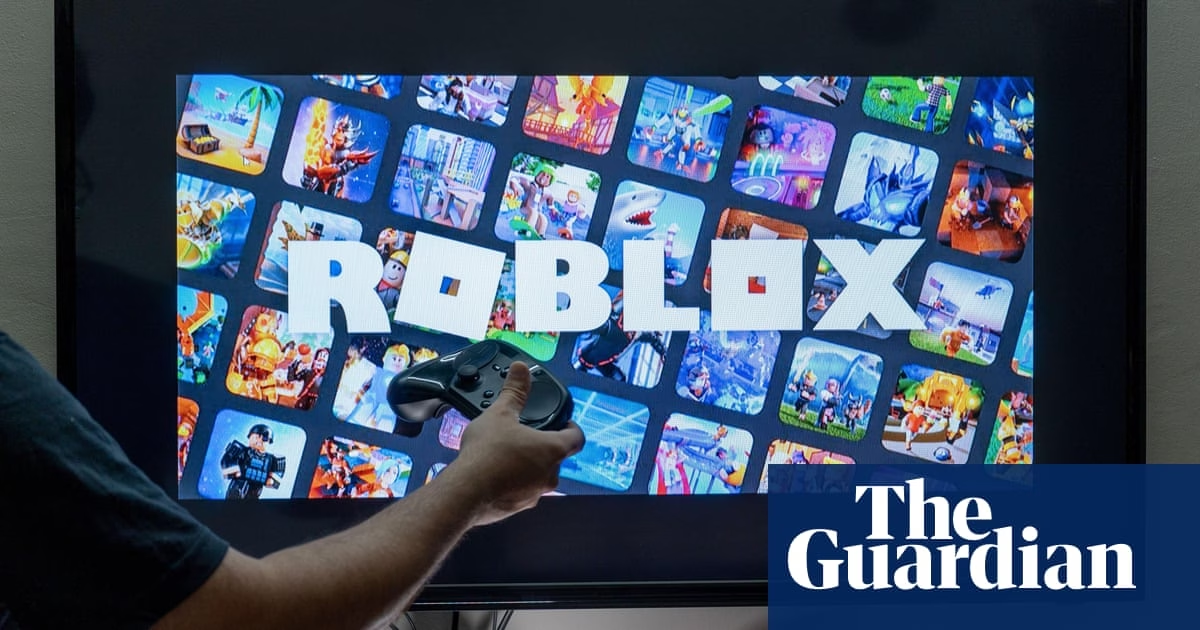Roblox’s CEO Suggests Cautious Approach for Parents Concerned about Safety
Parents uneasy about their children’s involvement with Roblox, the leading gaming platform for children aged eight to twelve, may choose to restrict its use, according to David Baszucki, the company’s co-founder and CEO. The platform has come under scrutiny over reports of bully and grooming behaviors, as well as concerns regarding children’s exposure to explicit content.
Baszucki, speaking to BBC News, emphasized the company’s commitment to safeguarding its users, highlighting that while "tens of millions" have positive experiences on the platform, "If you’re not comfortable, don’t let your kids be on Roblox." He underscores parents’ autonomy in making such decisions, adding that the company views any adverse incidents as too many and is proactive in combatting bullying, harassment, and other forms of abuse through vigilant monitoring and filtering mechanisms. In extreme cases, this includes contacting law enforcement.
Justine Roberts from Mumsnet shared her perspective that parents, even with strict controls, find it challenging to monitor their children’s online activities, especially with multiple kids. Roblox is among the largest gaming platforms globally, boasting more daily players than Nintendo Switch and PlayStation combined, with a significant number of its user base being under thirteen.
To address safety concerns, Roblox employs temporary time-outs and bans for misbehaving players and leverages advanced AI systems to detect and flag suspicious behavior. Notable changes were introduced last year, such as preventing those under thirteen from sending direct messages and participating in ‘hangout experiences’ that involve player chat.
Baszucki confirmed Roblox’s strict stance against image-sharing and its commitment to age ratings based on content and game titles. He acknowledged the platform’s ambition to surpass legal standards in curbing harmful behaviors.
As for Roblox’s origins, Basucki, along with co-founder Erik Cassel, initially developed educational software but pivoted to create Roblox in 2004, noting that children were using the platform for playful and creative endeavors rather than academic purposes. The introduction of their digital currency, Robux, in 2007 marked a significant turning point in the platform’s financial success, with content creators now earning 70% of the fees paid.
Baszucki envisions Roblox not just as a platform for gaming but as a precursor to a broader metaverse experience, aiming to attract a larger share of the global gaming community. Its evolution into a daily, virtual life experience for players is alighted with Basucki’s ambition to reach 10% of the world’s gamers.








